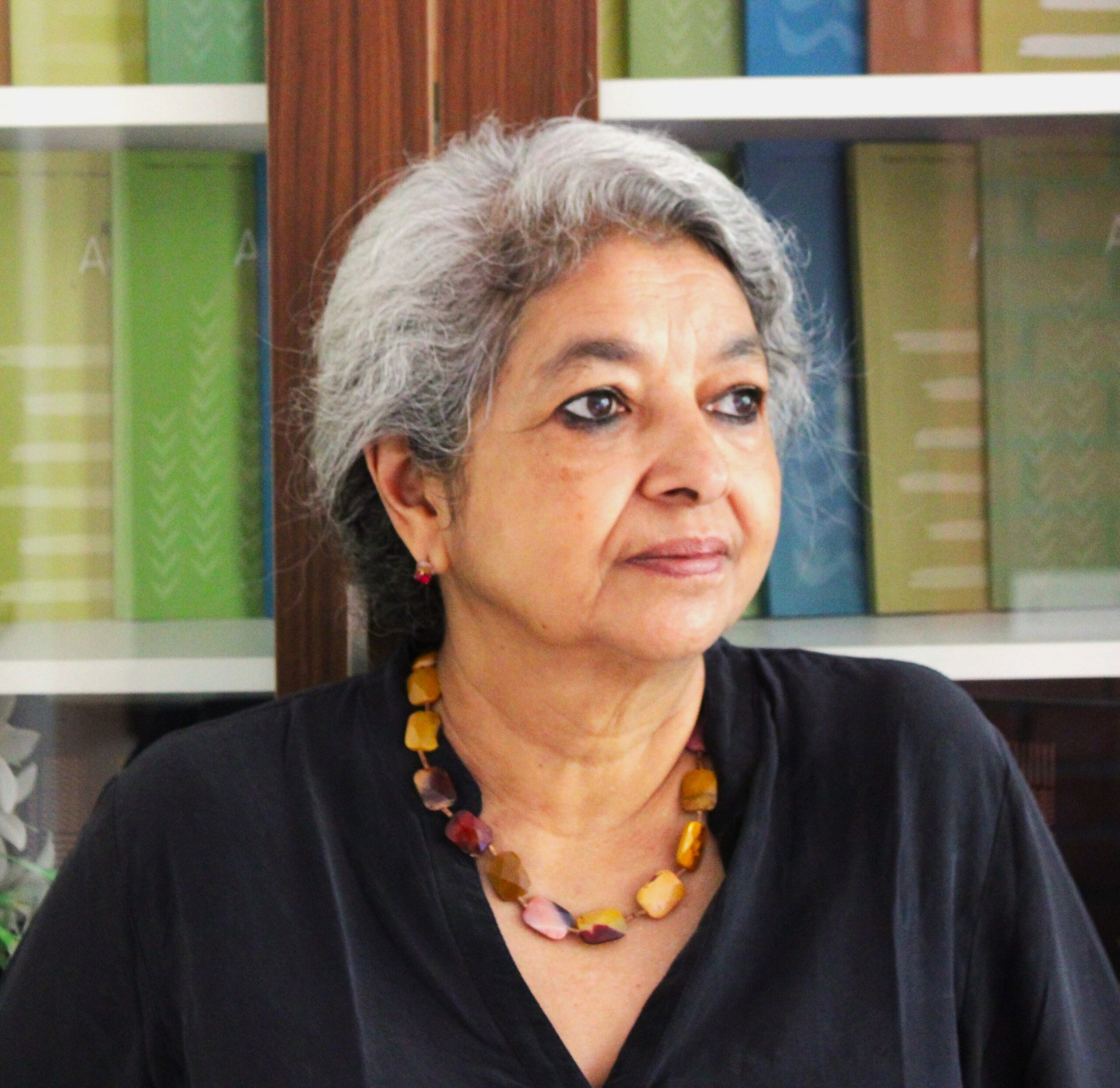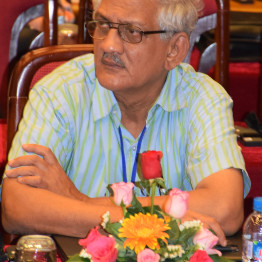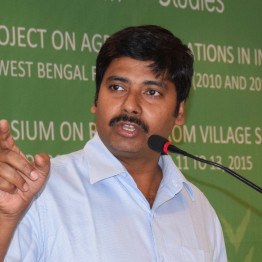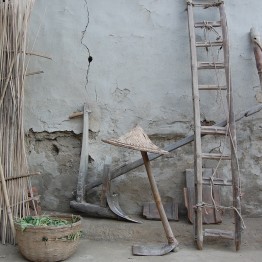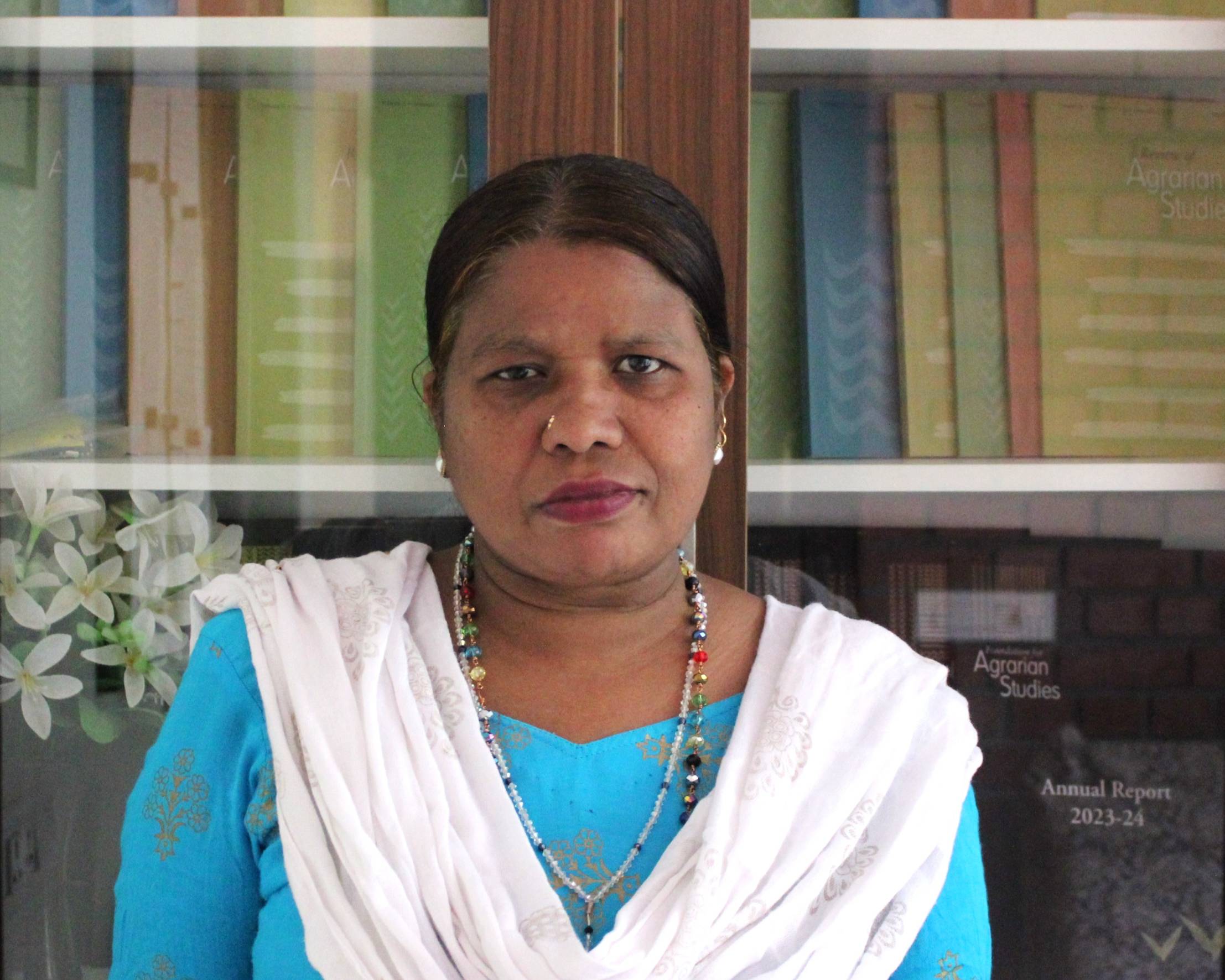Essays on Agrarian Relations in Less-Developed Countries
The transformation of rural societies in the third world in the era of globalisation is one of the most significant processes of social change in the contemporary world. The majority of the people of less-developed countries are still rural, their lives and work bound up with the relations of production in rural economies. The accelerated introduction of policies of stabilisation and structural adjustment in the 1980s and 1990s had wide-ranging and profound implications for the third world countryside — for agrarian relations and the development of capitalism in the countryside, for programmes of local government and, ultimately, for the conditions of life and work of hundreds of millions of people in less-developed countries.
The papers cover a wide range of theoretical issues and empirical experiences. Some of the theoretical papers address the question of the effectiveness and reliability of different types of land reform; others focus on the macroeconomic context of liberalised trade and mobile financial flows.
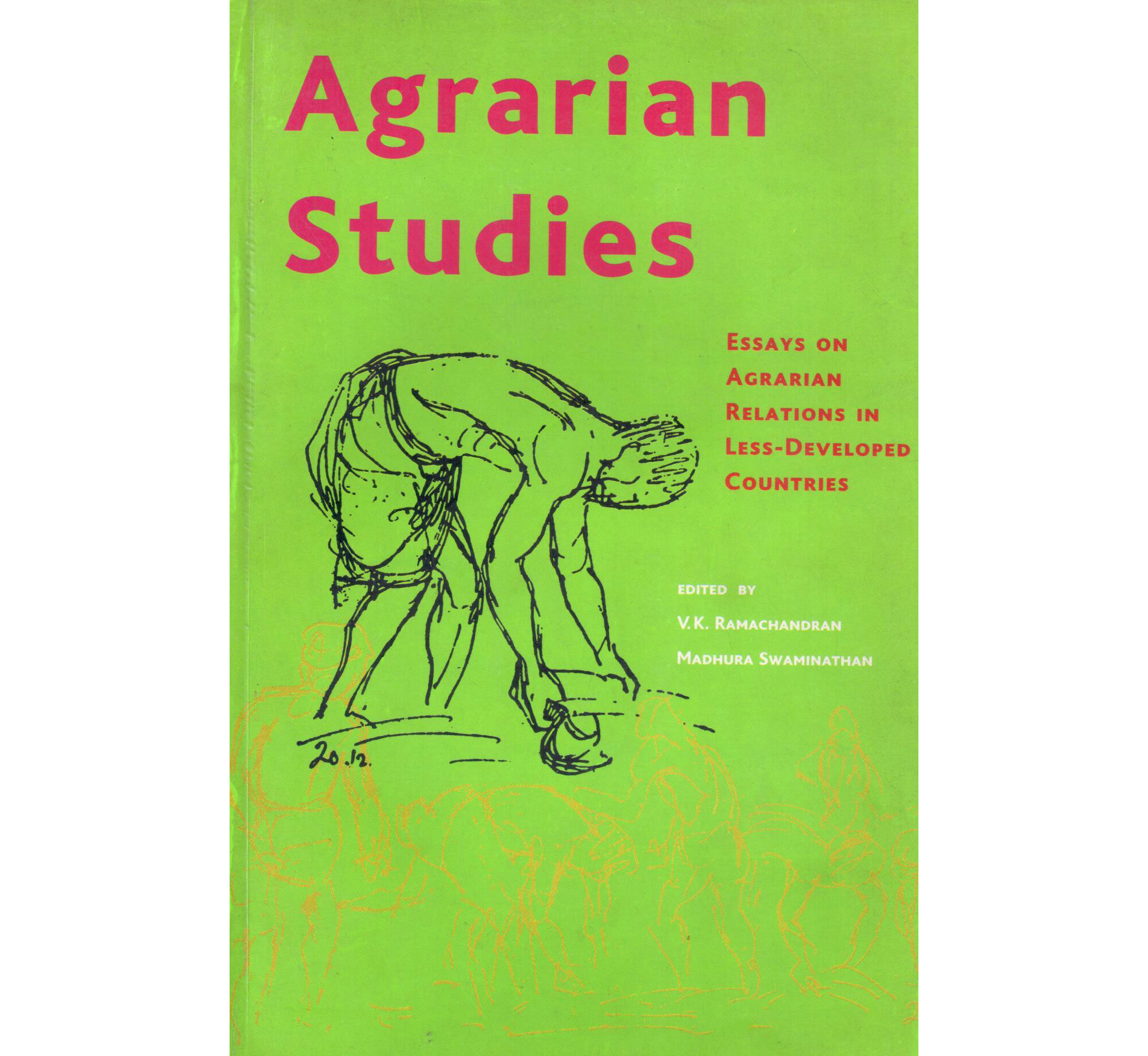
Of the country case studies, some (on Mexico, Chile, Brazil, Cuba, China, and Bangladesh) are concerned with changes in agrarian relations in the context of globalisation; others (on South Africa, the Philippines, and Sub-Saharan Africa) identify the nature of and constraints on land reforms in the contemporary period. The discussion on the Indian experience ranges from macroeconomic trends and State-wise patterns of development to a study of a particular village over two decades. While the specific concerns and historical processes of each country and region are indeed different, the papers also reflect common concerns and worries, especially with regard to the impact on the rural working people of new policies of globalisation and liberalisation.
The introductory chapter by V.K. Ramachandran and Madhura Swaminathan can be accessed here.




















